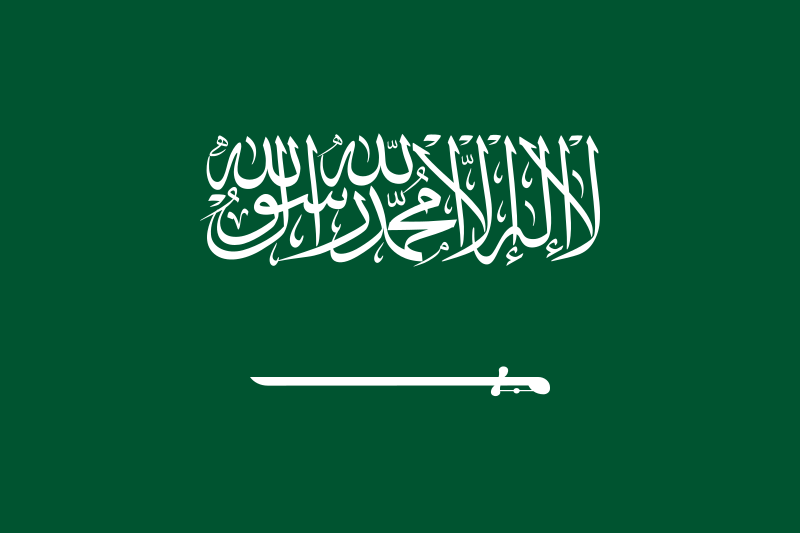
As part of its commitment to addressing land degradation and biodiversity loss, Saudi Arabia has positioned itself as a leader through programs like the Saudi Green Initiative (SGI) and the Middle East Green Initiative (MGI). These programs aim to restore millions of hectares of degraded land and expand green cover across the region, aligning with global restoration objectives such as the Bonn Challenge and the United Nations Decade on Ecosystem Restoration. By inviting private enterprises to participate in these efforts, the Kingdom seeks to enhance efficiency, drive innovation, and ensure sustainable outcomes.
Land degradation, a pressing concern globally, has particularly significant implications for arid regions like the Middle East. Degraded land affects nearly half of the world's population, jeopardizing food security, water availability, and biodiversity. It also diminishes economic prospects, especially for rural communities dependent on agriculture. Saudi Arabia's approach integrates land restoration with sustainable economic development, focusing on reducing poverty and fostering resilience against extreme weather patterns exacerbated by climate change.
The Saudi Green Initiative has laid the groundwork for partnerships that incorporate private funding, expertise, and technology into conservation projects. Experts argue that the involvement of private entities can catalyze progress by introducing scalable solutions and creating economic incentives for restoration. For example, carbon markets, a growing area of interest in climate financing, could provide mechanisms for private firms to contribute to restoration while meeting sustainability goals.
A critical component of the Saudi strategy is the Global Land Restoration Initiative, introduced during the Kingdom's G20 presidency. This initiative underscores the potential of public-private collaboration to accelerate land restoration efforts worldwide. Restoration of degraded land could yield substantial economic and environmental benefits, with studies indicating that every dollar invested in restoration generates up to $30 in ecosystem services. These include improved water quality, increased agricultural yields, and enhanced carbon sequestration, directly addressing climate challenges.
Hosting major international events like World Environment Day and the United Nations Convention to Combat Desertification’s Conference of the Parties underscores Saudi Arabia's leadership in shaping the global conservation agenda. These platforms enable the Kingdom to share best practices, galvanize support for ambitious restoration targets, and demonstrate the effectiveness of integrating private sector engagement into conservation frameworks.
Saudi officials emphasize that combating desertification and restoring ecosystems require a multi-faceted approach. Besides land restoration, tackling the root causes of degradation, such as unsustainable agricultural practices and overgrazing, remains a priority. Additionally, the Kingdom's focus on addressing climate change's broader impacts, including rising temperatures and increased frequency of extreme weather events, highlights the interconnectedness of environmental challenges.
Private sector collaboration is already manifesting in various forms, from renewable energy projects to advanced irrigation technologies and sustainable land management practices. These initiatives align with the Kingdom's Vision 2030, which prioritizes economic diversification and environmental stewardship. By fostering a business-friendly environment, Saudi Arabia aims to attract global corporations and innovators to contribute to its ecological restoration efforts.
Topics
Spotlight
